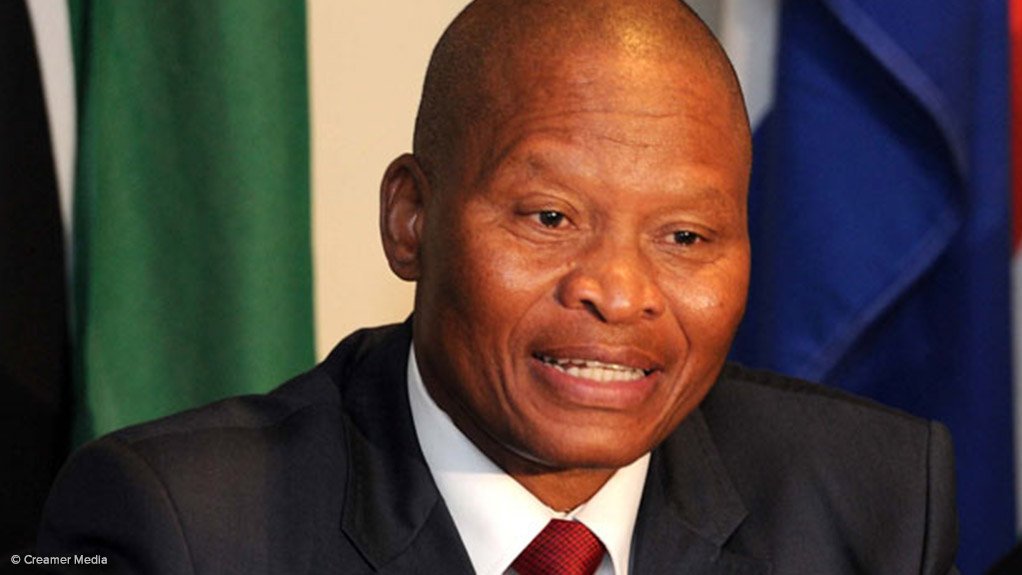Chief Justice Mogoeng Mogoeng will only get involved in a judicial commission of inquiry into "state capture" if President Jacob Zuma asks him to do so.
In a carefully worded statement from his office, Mogoeng said he does not have a constitutional obligation to initiate the process of appointing a judicial commission of inquiry.
"No remedial action has been taken against the chief justice. He is thus not obliged to initiate the process of appointing the judicial commission of inquiry," wrote his spokesperson Nathi Mncube.
He said the remedial action put forward by former Public Protector Thuli Madonsela only applied to the president.
"Only on him does section 84(1) (f) of the supreme law impose the obligation to appoint a commission of inquiry," said Mncube.
The chief justice's office said the president can either decide to comply with the remedial action as set out by Madonsela or challenge it on review.
30-day deadline
"If he decides to comply with the remedial action or to challenge it on review but courts return an outcome that is unfavourable to him, he would, in compliance with the remedial action, be expected to appoint the commission in terms of his constitutional powers, as directed."
Mncube said the president can then approach the chief justice for a name of a judge expected to chair the inquiry.
"Only then may the chief justice get involved in the commission-appointment process, consistent with the Constitution and the law," he said.
Madonsela in her State of Capture report recommended that Zuma appoint a commission of inquiry within 30 days, headed by a judge selected by the chief justice "who shall provide one name to the president".
The judge will then be given power to appoint his or her own staff and investigate all the issues using the record of Madonsela's report as a starting point.
Critics of the report have argued that the Public Protector overstepped her powers in her recommended remedial action - taking away the president's powers to appoint a commission of inquiry.
'Giving the power back to the president'
Director for the Centre for Constitutional Studies Phephelaphi Dube said although on the one hand it is the president's prerogative to appoint such commissions it needs to be noted that the State of Capture report is one that comes with overwhelming public interest and the president himself is a person of interest in the matter.
"If he appoints a judge, that already casts aspersions on the impartiality of the commission and it should never be viewed as compromised," she told News24.
She also said she felt the chief justice's response to media queries regarding his views on the report was careful, but rightly so given the political nature of the matter.
"He is not running away from the remedial recommendations, but at the same time he is giving the power back to the president to do as is his prerogative," Dube said.
EMAIL THIS ARTICLE SAVE THIS ARTICLE
To subscribe email subscriptions@creamermedia.co.za or click here
To advertise email advertising@creamermedia.co.za or click here











